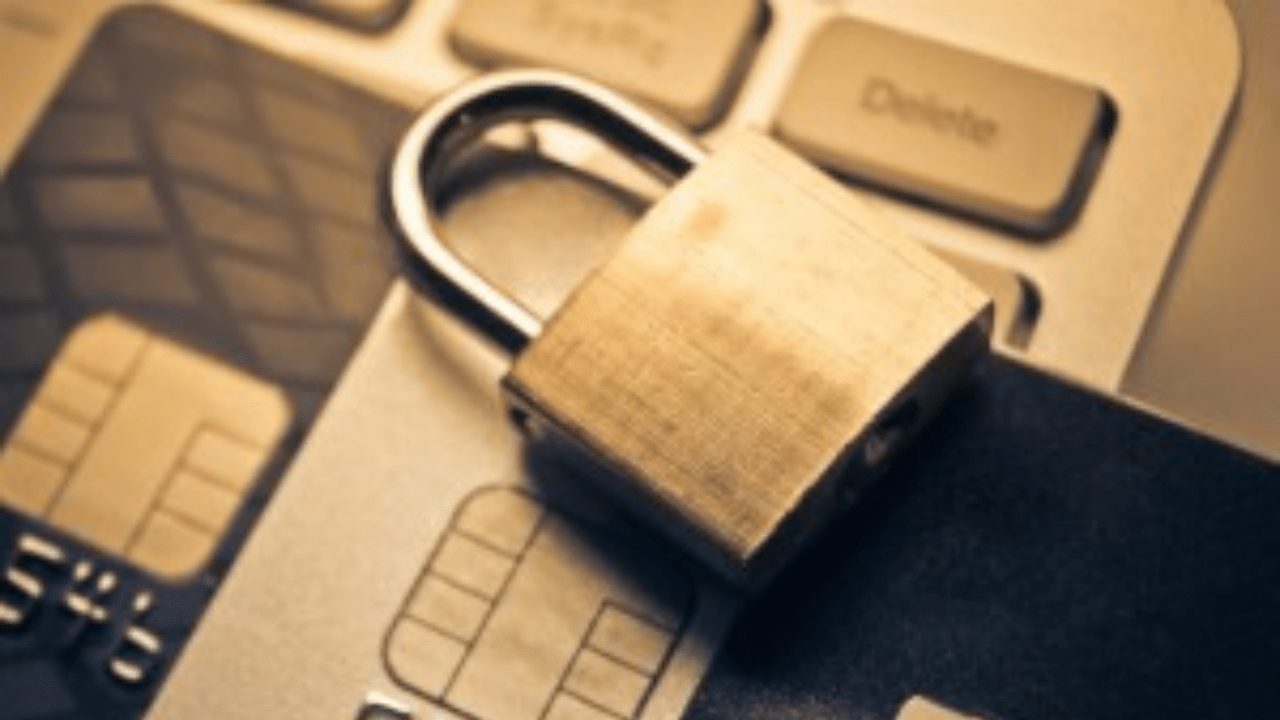Effects of a Loan Modification on Your Credit
Financial challenges can sometimes lead individuals to seek a loan modification as a way to manage their debt more effectively. While loan modifications can provide much-needed relief, it’s crucial to recognize that they can also impact your credit. This comprehensive guide aims to shed light on the effects of a loan modification on your credit. By understanding the intricate relationship between loan modifications and credit scores, you can make informed decisions that align with your financial goals and aspirations.
Defining Loan Modification:
Before delving into the effects on credit, it’s essential to understand what a loan modification entails. A loan modification involves adjusting the terms of an existing loan to make it more manageable for the borrower. These adjustments can include lowering interest rates, extending the repayment period, or even reducing the principal amount. This guide sets the stage by clarifying the concept of a loan modification.
Impact on Payment History:
One of the key ways a loan modification can affect your credit is through its impact on your payment history. Any past due payments or arrears are typically addressed during the modification process. These negative marks may have already affected your credit score, but once the modification is in place and payments are resumed, the focus shifts toward maintaining a consistent payment record. This section underscores the role of a loan modification in turning your payment history around.
Credit Utilization Ratio:
Your credit utilization ratio, which compares your credit card balances to your credit limits, is a significant factor in credit scoring. A loan modification that reduces your debt burden can positively affect this ratio. With lower monthly payments, you may find it easier to manage your credit card balances and keep your credit utilization in check. This segment emphasizes the potential improvement in credit utilization as a result of a loan modification.
Potential Short-Term Dip:
While a loan modification aims to help you regain control of your finances, it’s important to note that there might be a short-term dip in your credit score. This can be due to various factors, including the adjustments made to the loan terms and the renegotiation process itself. However, this dip is often temporary and can be counteracted by responsible financial behavior. This guide highlights the temporary nature of this potential credit score decrease.
Long-Term Financial Stability:
Ultimately, the effects of a loan modification on your credit are intertwined with your long-term financial stability. Successfully navigating a loan modification and making consistent, on-time payments can contribute to rebuilding your credit over time. This section emphasizes the connection between responsible financial management and the lasting positive effects on your credit profile.
Communication with Creditors:
Another aspect that influences the effects of a loan modification on your credit is how the modification is reported to credit bureaus. Open communication with your creditors is vital to ensure accurate reporting. If your modification is reported as agreed upon, it can reflect positively on your credit report. This portion highlights the significance of maintaining clear lines of communication with your creditors.
Tips for Mitigating Negative Effects:
Discover actionable strategies to minimize any negative effects of a loan modification on your credit. From maintaining open communication with creditors to strategically managing your overall credit profile, these tips can help you navigate the process more effectively.
Understanding Credit Scoring Models:
Unravel the intricate world of credit scoring models in this section. Learn how different models evaluate the impact of a loan modification on your credit. By understanding these models, you can gain insights into how the modification might affect your credit score across various scoring systems.
Conclusion
As you consider a loan modification, it’s crucial to grasp its potential effects on your credit. While short-term challenges might arise, the long-term advantages of adhering to the modified terms and practicing responsible financial management can lead to improvements in your credit score. This guide has equipped you with insights into the intricate relationship between loan modifications and credit scores, empowering you to make informed financial decisions aligned with your long-term goals.




